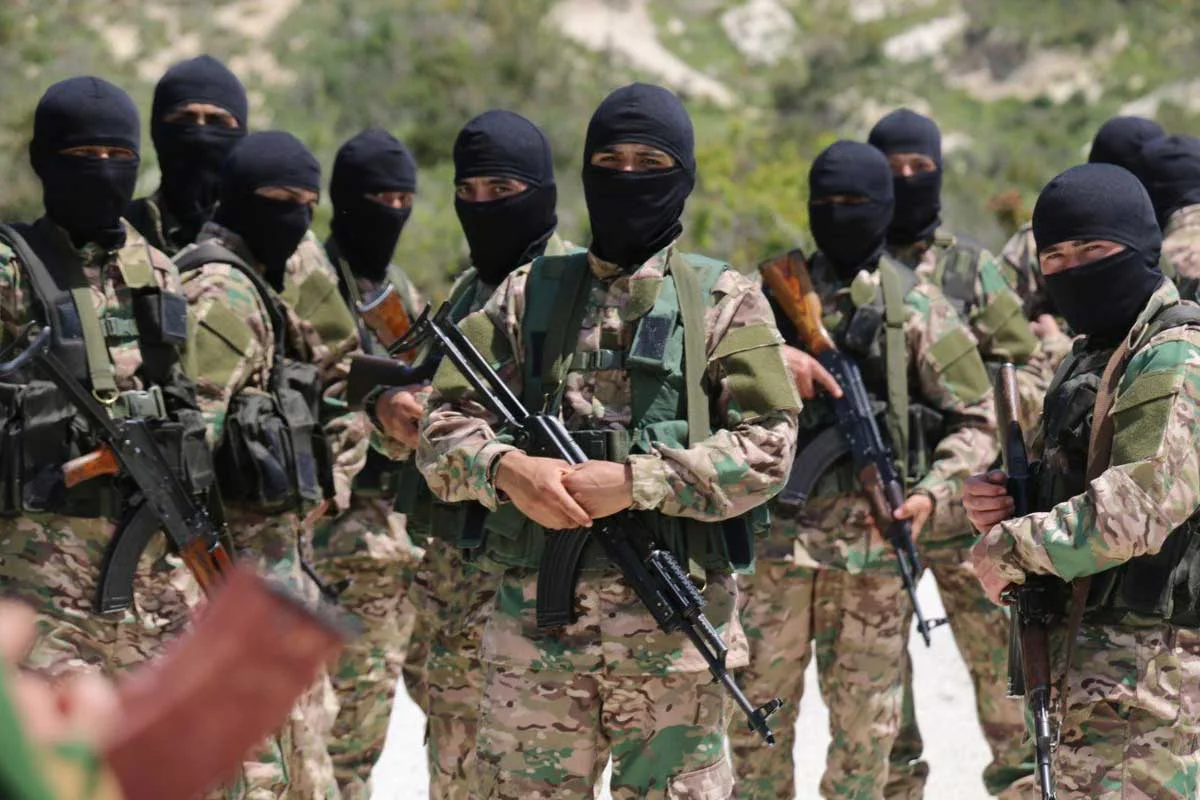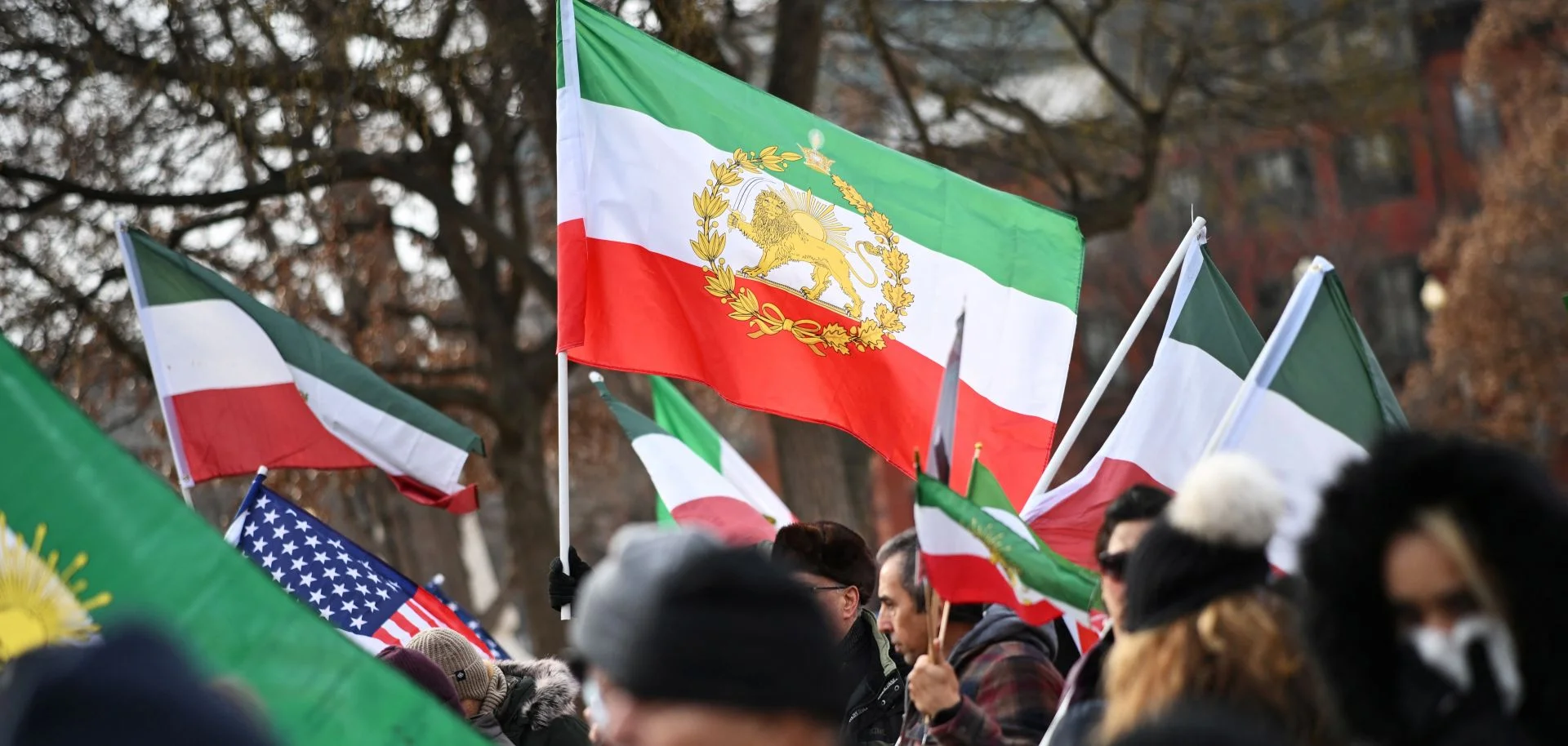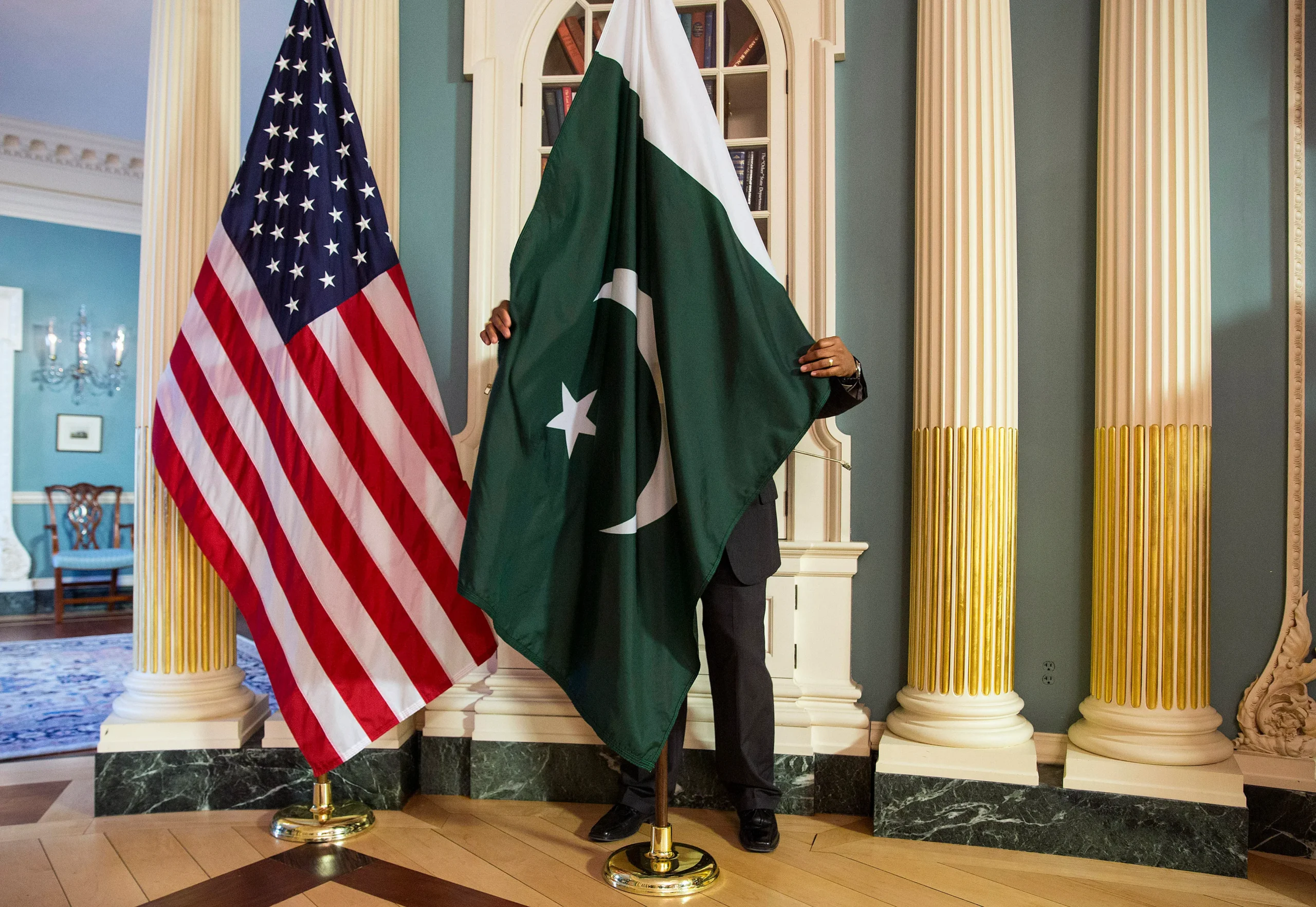ISLAMABAD: Pakistan Navy said on Thursday its flotilla visited Port Bandar Abbas of Iran where officials of the two navies held talks before a passage exercise was held.
According to the navy’s media release, Pakistan Navy ships Rasadgar and Azmat, along with Pakistan Maritime Security Agency (PMSA) ship Dasht, visited Port Bandar Abbas during their overseas deployment.
The flotilla was led by Commander 14th Destroyer Squadron, Commodore Muhammad Umair.
“The Mission Commander, along with the Commanding Officers, held meetings with naval leadership of Iran,” the statement said. “During these interactions, matters of mutual interest, Navy-to-Navy engagements, and cooperation in maritime security were discussed.”
Also See: Pakistan Navy CNS Discusses Maritime Security and Strategic Partnerships in Exclusive Interview
Both the PN and PMSA ships later conducted a Passage Exercise with an Iranian Navy ship, the statement said.
It added that the exercise aimed to enhance interoperability between the two navies and promote shared learning through coordinated activities.
“The visit of the Pakistan Navy flotilla to Iran is expected to further strengthen existing diplomatic ties and cordial relations between the two nations,” Pakistan Navy said.
A passage exercise is a routine drill involving the navies of friendly foreign countries that occurs while visiting each other’s ports or during a rendezvous at sea.
Pakistan Navy regularly partakes in bilateral exercises with regional countries to stem the spread of illegal maritime activities such as human smuggling, piracy and drug trafficking.
This news is sourced from Arab News and is intended for informational purposes only.

![Pakistan Navy flotilla visits Bandar Abbas, holds talks with Iran, and conducts Passage Exercise to enhance maritime cooperation. [Image via Pakistan Navy]](https://southasiatimes.org/wp-content/uploads/2025/01/4560021-958263509.webp)




